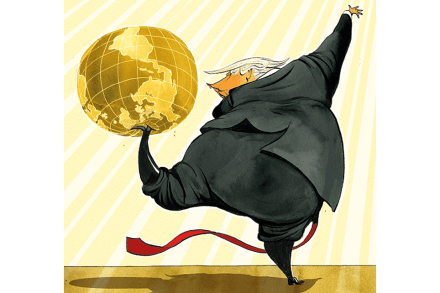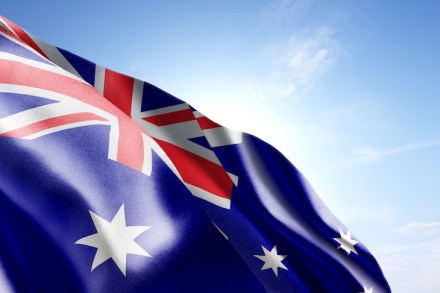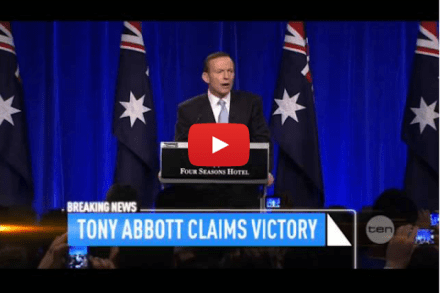Why Republicans are sceptical about funding Ukraine
When US policy-makers supported Nato expansion in the 1990s, it was widely believed that America, as the sole remaining superpower, could impose its will and leadership across the globe. ‘An American century’, ‘indispensable nation’, ‘the unipolar moment’, ‘benign hegemony’ – these became the new buzz-words of Washington’s political class. The rhetoric turned bellicose after 9/11,


















